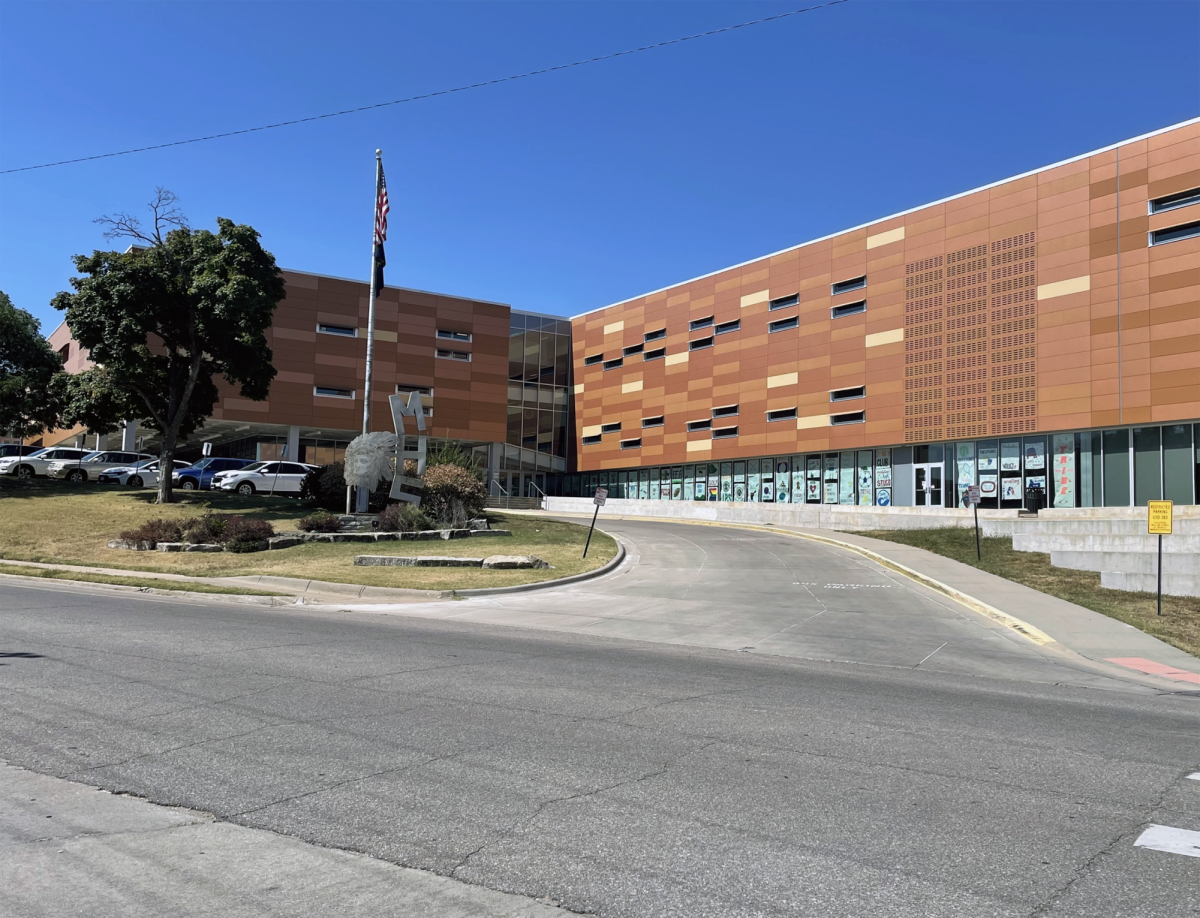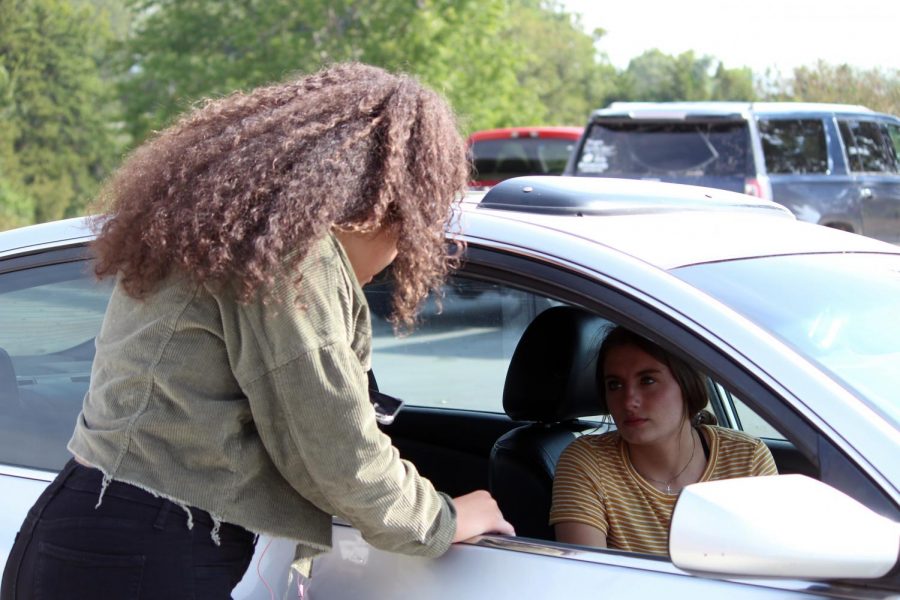The Kansas Department of Education recently approved new graduation requirements for the class of 2028 and onward. The requirements span various subjects, including physical education, health, communications, technology and financial Literacy.
These requirements will be very beneficial for students, allowing them to explore various fields of knowledge in high school. However, the lack of emphasis on civics within these requirements is concerning.
The implementation of a civics curriculum across Kansas has been needed for many years. However, the state board doesn’t prioritize development of this essential subject across Kansas public schools. While it is true all high schools provide US government classes for seniors, these classes only scratch the surface when it comes to educating students about becoming effective and respectful communicators, listeners and contributors in society. The art of civic discourse is withering away, especially in a growingly digital and social media-driven age.
Civic discourse is a core foundation of democracy. The ability to communicate, compromise, critically think and actively listen is the rich soil upon which democracy blossoms. Many universities have courses that teach students how to hone these values. However, even at the college level, these classes aren’t required. The next generation of changemakers will be devoid of core democratic skills, leading to increased polarization and divide in our nation. This problem spills over into our government system, preventing lawmakers from compromising and making progress on important issues. The monumental impacts of civic discourse, or rather the lack thereof, are clear.
To address this issue, we must dive into the root cause, which lies within our secondary education system. The KSDE must make a concerted effort to develop and establish a civics curriculum that is required for all students in high school. Instilling critical thinking, respectful communication and active listening in our young people is the only way to ensure societal progress in the future. As aforementioned, universities have plentiful resources and coursework that pertain to these subjects, and collaboration with these entities will help guide the process. The necessity for a statewide civics curriculum is evident. Moreover, its implementation is realistic and attainable through university collaboration. State lawmakers and education leaders must work to make statewide civics requirements a reality. The future of our democracy depends on the action of education leaders now.









